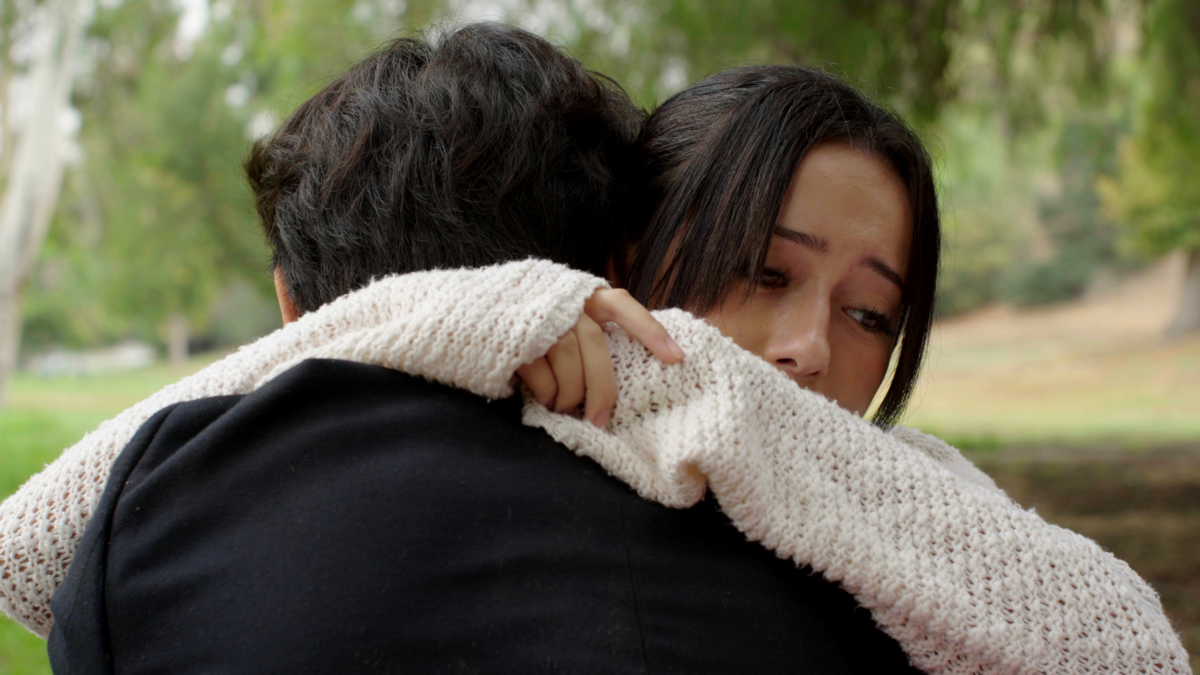This year’s showcase gives 21-and-under filmmakers of Asian descent a chance to reach a wider audience. In the midst of exams and extracurriculars, it is a feat for any student to crank out a short film, let alone ones with high production value. The seven films that portray vast cultures within the moniker, “Asian American,” each utilized what talent they could find in their immediate community. The medium each director used was vastly different, signifying the wide array of talent in our community devoted to specific crafts. There were films that focused on scripted content, unscripted content, complicated dance routines and stripped-down choreography.
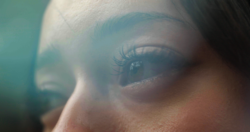
(Image Credit: John Kim)
ONE LAST TIME
The sentimental feeling of memories is this film’s topic, as the main character grieves the death of a loved one. Some of the most stunning shots feature the beauty of a public park. There are quiet moments, internal struggle, and the longing for closure. It showcases the multi-dimensionality of a young lover who moves on amidst pain.
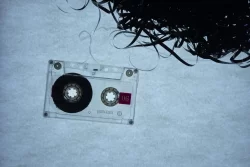
(Image Credit: Hyungjin Lee)
I MISS YOU (보고싶어요)
A granddaughter’s empathy and respect for her grandfather shines through in this short. Director Hyungjin Lee, the granddaughter in question, purposely leaves the natural noises in the audio interview that would otherwise be taken out by a sound editor as she records her grandfather’s account of his life in the Korean War. By innovatively coupling papercut characters and stop-motion animation, it offers the viewer a glimpse through the eyes of a young man caught in the throes of war.
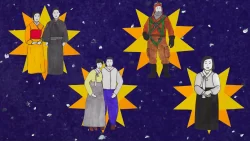
(Image Credit: Ian Kim)
MY SISTERS IN THE STARS: THE STORY OF LEE YONG-SOO
Whispers take center stage in this body of work, where the filmmaker plays an interview with Lee Yong-Soo, a Korean comfort woman during World War II. Lee’s recollection of the painful experience of being trafficked by the Japanese army is softened somewhat by the animation that accompanies it, which looks hand-drawn. The pain is eventually overshadowed by her successfully starting a new life in America. Still, you can hear the hurt from her past and the disappointment that the Japanese government will not acknowledge its role in trafficking comfort women to this day.
DANCE IN CIRCLES
In theory, the idea portrayed in this piece could be based on personal experiences. Two women in a studio dance together in full autonomy over their bodies, providing a stark contrast to the flashbacks of helpless situations – including being groped in an elevator and facing anti-Asian hate crimes. The data shows that more than a third of women in the US are victims of sexual assault or harassment. Whether or not the actresses or director experienced these egregious acts firsthand is overshadowed by the fact that this widespread disregard for women’s bodies poses a very real and everyday fear.
THE SUN RISES DIFFERENTLY
This is a story about two brothers who learn from each other’s mistakes. Using advanced cinematic techniques, the short looks less like an indie film and more like a studio film. It shows that a high production value look comes with only three things: a compelling story, intentional set design, and solid equipment. The way that the director’s Chinese culture seeps into this not blaringly obvious “Asian” film is its focus on the collective family unit versus the brothers as individuals.
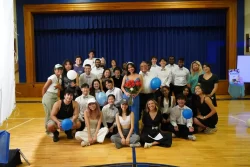
(Image Credit: Danielle Coronado)
18 ROSES
“18 Roses” starts out the gate with a lot of energy, introducing their main character (Kat Capili) through a Jabbawockeez-like dance sequence. All is well with the young lady protagonist, the star of the show, until her father (Miguel Braganza) shows up in heavenly lighting. What results is an amazing ballad between the two, meant to stand for something deeper. What is surprising is the way the musical number in the beginning becomes eclipsed by a slower but even more powerful duet about a father’s joyous dedication to family.
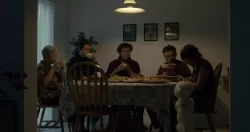
(Image Credit: Queena Liu)
UPROOT
“Uproot” is a modern-day take on the holistic approach Director Queena Liu’s family used for the treatment of her father’s bipolar disorder diagnosis. Liu interviews all the members of her family, including her father himself, breaking the stigma of talking about mental health issues in the Asian American nucleus. Liu uses the medium of digital photography to capture the feeling of despair and hope in this deeply personal film, displaying b-roll of her family performing menial tasks such as gardening or cooking alongside footage of heartfelt interviews. The ultimate remedy is not solely modern medicine, but everyday life adjustments.
“Ones to Watch: Filmmakers Under 21” screened at the 46th Asian American International Film Festival.

